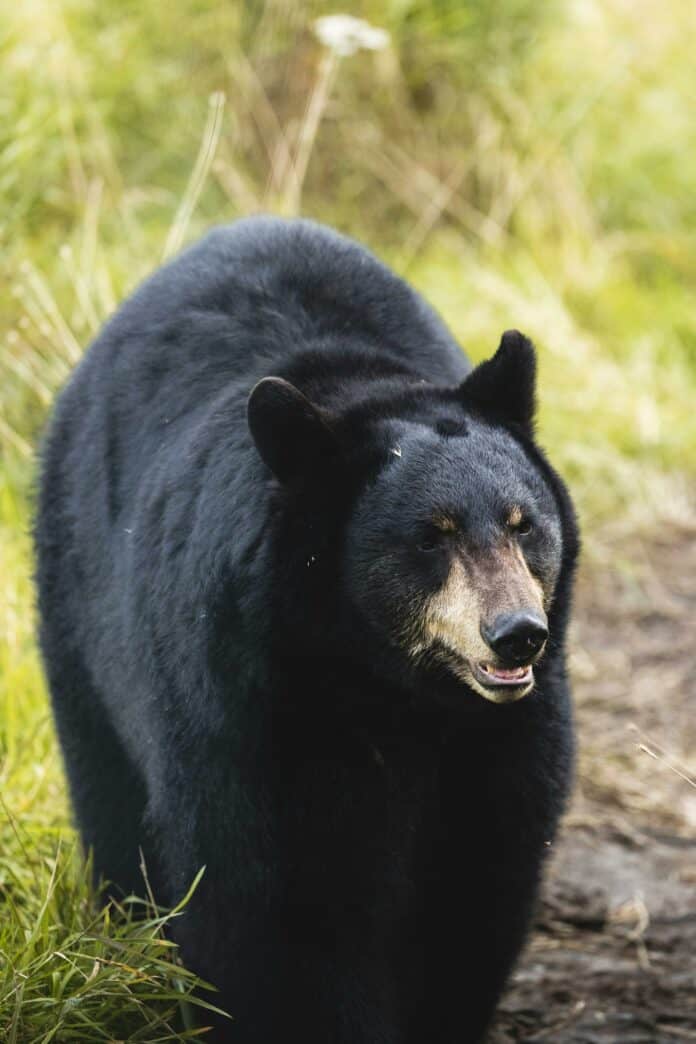I told you last week that I would provide a follow-up on the fatal bear attack down in South Florida and our Florida Wildlife Commission’s response. Well, it turns out that the identity of the victim has been released as Robert Markel. The eighty-nine-year-old fellow was a longtime resident of the Big Cypress region.
He was dragged from his trailer and taken into nearby woods and fed upon during the early morning hours. Robert’s dog was also killed during the predator’s rampage. Our FWC immediately set out four large live traps for the bear, and the next morning they had captured three bears in three traps, with a fourth bear spotted, but which escaped. All three bears were euthanized and sent to offices in Gainesville to be tested in order to identify which one was the offending bruin.
One of the three, a 263-pound male, was positively identified by his DNA being on the dog, inside the trailer and on Markel’s body. The partial remains of the victim, inside the bear’s stomach, were further proof that the correct bear had been dealt with. That’s a good thing, right? I’d have thought so, but many do not.
There has been great debate on social media sites over the need to euthanize the three captured bears. Many nutjobs…. I mean, concerned animal lovers are outraged that the bears were killed. Even the man-eater! The most common argument I’ve read is, “Stop moving into their territory; the animals have nowhere to go.”
Let me tell you. That area near the Big Cypress unit of our Everglades is one of the very least populated parts of our state, allowing over 660 square miles of unspoiled, bear habitat. Mr. Markel had lived on his land there for over 30 years. So, the human encroachment theory is stupid.
Are there, instead, too many bears? Yes. Even our FWC biologists agree that the bear population will benefit from a tightly managed hunting season. That much was agreed upon only last week during their quarterly public forum, yet details are still forthcoming.
Another interesting fact, which may or may not have escaped our biologists, the two hundred and 63 pound bear, was underweight. Could it be that the explosion of Burmese pythons, having eradicated the bear’s traditional food sources, drove the bear to a desperate level of hunger? A level where he lost his fear of humans and experimented with one as a food source?
Bear attacks have been somewhat of a rarity in our state, and attacks due to predation are unheard of. The question is, just what steps need to be taken by our board of real estate developers, dadgum it, I meant our board of directors of our Florida Wildlife Commission, to ensure such occurrences are not repeated?
Whatever the answers may be, I only hope they find them. Now, for more information on Florida’s bear management, give me a shout at [email protected]. God Bless, and good hunting.

